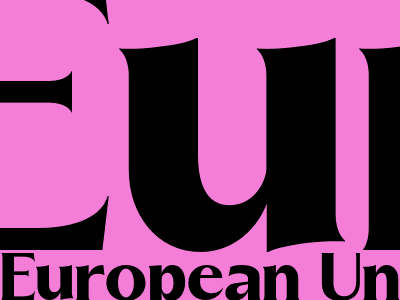
Europe Grapples with Immigration Crisis
Influx of Asylum Seekers Puts Strain on Resources
The European Union is facing a major immigration crisis, with the number of asylum seekers reaching its highest level in decades. The influx of people fleeing war and poverty in the Middle East, Africa, and Asia has put a strain on the resources of many EU countries, and has led to a rise in anti-immigrant sentiment.
In 2015, over 1 million asylum seekers entered the EU, the highest number since the Yugoslav wars in the 1990s. The vast majority of these asylum seekers came from Syria, Afghanistan, and Iraq.
The arrival of so many asylum seekers has put a strain on the resources of many EU countries. Germany, which has taken in the largest number of asylum seekers, has spent billions of euros on housing, food, and other services for refugees.
Anti-Immigrant Sentiment on the Rise
The influx of asylum seekers has also led to a rise in anti-immigrant sentiment in many EU countries. In some countries, far-right parties have gained support by exploiting fears about immigration.
In Germany, the anti-immigrant Alternative for Germany (AfD) party won 12.6% of the vote in the 2017 federal election, making it the third-largest party in the Bundestag.
In France, the far-right National Front (FN) won 21.3% of the vote in the 2017 presidential election, and is now the largest opposition party in the National Assembly.
EU Struggles to Find a Solution
The European Union is struggling to find a solution to the immigration crisis. Some countries, such as Germany, have called for a more humane approach to asylum seekers, while others, such as Hungary, have taken a more hardline stance.
In 2015, the EU adopted a quota system to distribute asylum seekers among its member states, but the system has not been fully implemented.
The EU is also working to address the root causes of migration, such as poverty and conflict in the Middle East and Africa.
Conclusion
The immigration crisis is one of the most pressing challenges facing the European Union today. The influx of asylum seekers has put a strain on the resources of many EU countries, and has led to a rise in anti-immigrant sentiment.
The EU is struggling to find a solution to the crisis, but it is clear that a more humane approach is needed.